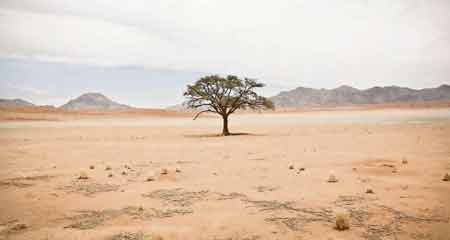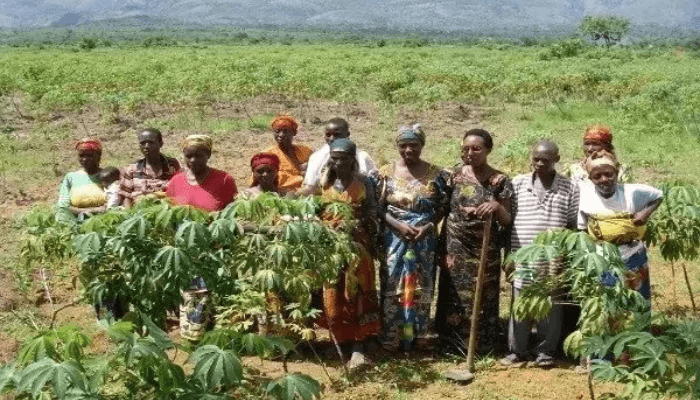A new report by the International Food Policy Research Institute Nigeria has revealed that Nigeria is losing about 0.35% of its total land area to desertification each year.
The report released Friday said the loss is a reality that is increasingly reducing the country’s ability to produce food.
The institute which is a research centre of CGIAR, a global partnership for a food-secure future dedicated to transforming food, land, and water systems in a climate crisis, says Nigeria is losing about 860,000 acres of land annually and 11 of its 36 states are affected.
The country’s total size is 228.3 million acres or 923,768 square kilometers.
The report added that of 30.4 million people facing food crisis in western Africa and the Sahel region, about 42% lives in Nigeria.
Desertification, the process by which land becomes increasingly barren and difficult for plants to grow and for people to live on, has devastated many communities in northern Nigeria. It has caused food insecurity, conflict, poverty, and displacement.
In March, the United Nations Food and Agricultural Organization projected that about 25.3 million people in Nigeria would face acute food insecurity between June and August 2023 as a result of insecurity and the impact of climate change.
“In terms of absolute numbers of people (facing food crisis), the situation is most critical in the Democratic Republic of the Congo (DRC), where 27.3 million people are in crisis or worse, followed by Nigeria and Sudan,” the new report says.
The report said apart from desertification, agricultural policies in Africa and other factors like the pandemic, and the Russia-Ukraine crisis have also contributed to the ongoing food crisis in the continent.
“Agricultural policies have also contributed to persistent food crises. Policy support tends to favor agricultural exports, for which prices have been declining, over food commodities consumed in Africa, for which prices have been increasing.
“Lower export prices have led to declining foreign exchange receipts and income losses while rising food prices have resulted in higher food import bills and declining investment in agriculture and other key public goods and services,” it said.
Dare Akogun





